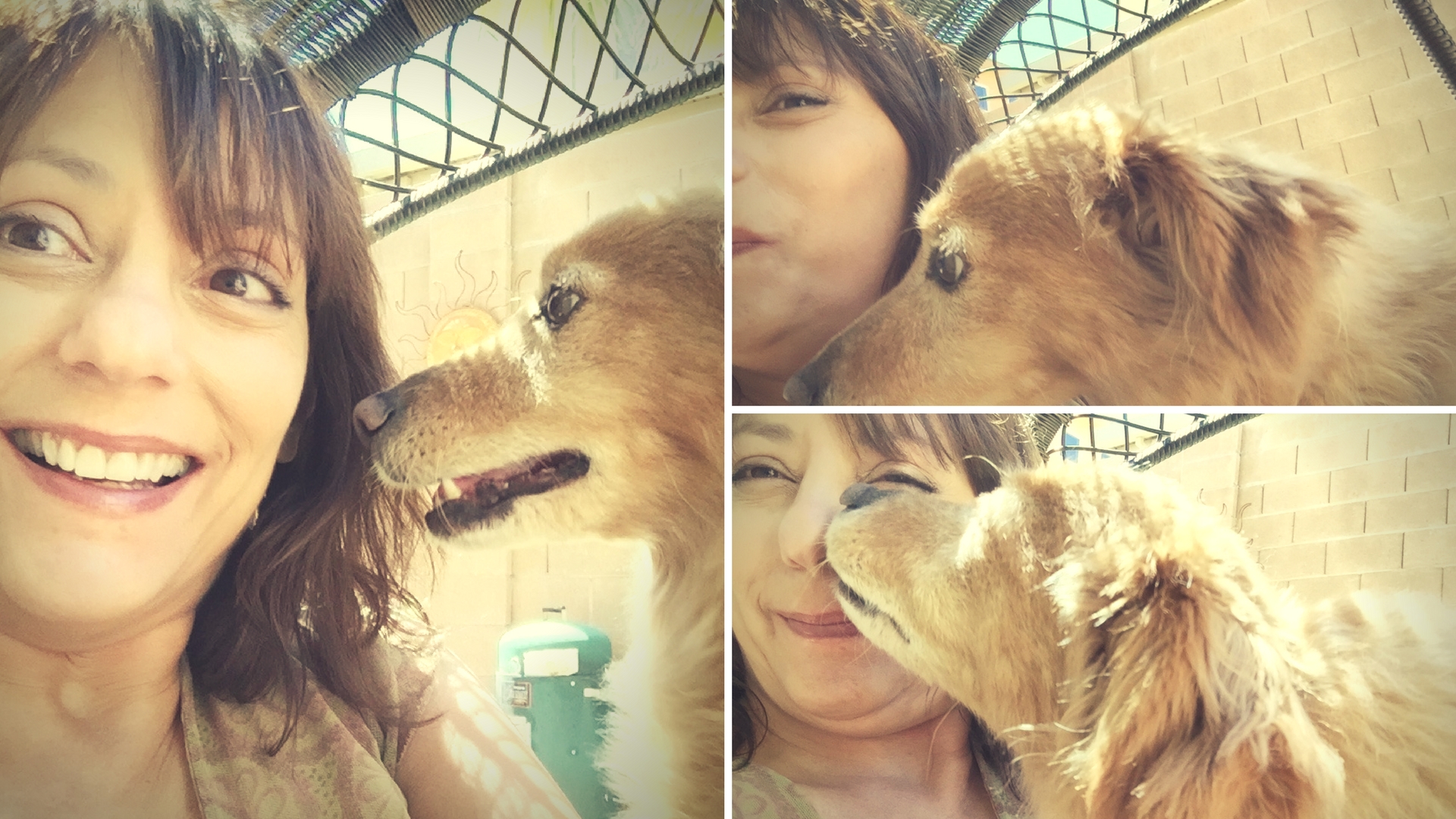When you feel bullied by your weight loss plan.
 How many times have you gone on a diet?* And how many different diet plans have you tried? You may find that you try the same plan over and over, returning to it once you regain the initial weight you lost. Or you might try different ones that have different sets of rules and food combinations. Each one starts out bright and shiny, like the hope of a new love affair.
How many times have you gone on a diet?* And how many different diet plans have you tried? You may find that you try the same plan over and over, returning to it once you regain the initial weight you lost. Or you might try different ones that have different sets of rules and food combinations. Each one starts out bright and shiny, like the hope of a new love affair.
No matter which diet plan you try, there are commonalities. It often starts with a honeymoon cycle where you have great hope that this time will be different. Over time, though, it may become more and more difficult to stick to the plan. It can get to the point where every crinkle of paper sounds like a candy wrapper. (Mmmmm, candy.)
You may sink into a chocolate-coated frenzy. Or if you have not succumbed to the temptations of Twinkies, you are using an awful lot of your mental energy to maintain willpower. And as you have probably discovered, willpower is a finite resource.
The end result is a whole lotta self-judgment and even self-loathing. Despite the fact that weight loss plans are rigged against you, it doesn’t stop you from blaming yourself instead of the diet when all doesn’t go well.
This dynamic is not unlike an abusive relationship. Clearly, domestic violence is an incredibly serious problem and societal scourge. But as someone who has worked both with domestic violence survivors as well as people with eating issues, there are definite parallels.
Diets are controlling.
When you go on a diet, it is often about micromanaging the tiniest aspects of your life. Since there are approximately 200 choices a day around eating, the chances of eating “perfectly” on any given day are limited. And that’s where your diet looks at you that way – which says you are on thin ice. It gives you The Look for daring to have a human-sized appetite.
Tiny “transgressions” become hugely exaggerated, so you cross to the dark side and figure you’ll get the whole [deep-fried] thing out of your system and start fresh Monday.
Diets make you second-guess yourself.
A whole $60-billion/year industry has trained us to give credit to the weight loss plan when we lose weight in the short term. But when the weight loss stops and we regain weight, we blame ourselves. It’s like the abused woman who blames herself (“I should have kept the kids quiet.” “I’m no angel.”) for the dynamic of the abusive relationship. An extreme form of this alteration of one’s reality is called gaslighting, and it is culturally pervasive through society’s norms of ideal bodies and judgment about eating.
Diets don’t let you be yourself.
Every person has unique needs for their own well-being, which can vary from day to day. Even though many diets give the appearance of choice, it’s largely an illusion. Whoo-ee! So much freedom! You may have broiled chicken, or fish – plus your choice of steamed veggie.
But what if you are still hungry? Evidently, you don’t know what’s good for you. What if you want some bread? Clearly, you are defective. What if you miss a workout? Obviously, you don’t want “it” bad enough, because NO EXCUSES are allowed.
Ultimately, it’s all about power.
One of the most common things I have heard from domestic violence survivors was that it wasn’t the physical abuse that was the worst. It was the emotional abuse: the outright power that one person maintained over another.
Part of the allure of dieting is the promise that you can have power over yourself. If you can control your food, maybe the rest of the world’s madness will feel less chaotic. If you can control your body size, life will make more sense. Ironically, dieting keeps you powerless around food. Having to invoke willpower is a sign that you are not in control. You’re just one bag of potato chips away from feeling terrible about yourself.
Luckily, swerving out of a diet habit and a diet mindset is doable – and incredibly freeing. Approaching eating from your internal cues, rather than from external rules, is a life-changing shift. Because this goes against the dominant cultural messages, though, it often helps to surround yourself with like-minded people.
*Diet refers to any external rules about what, when, and how much to eat.






